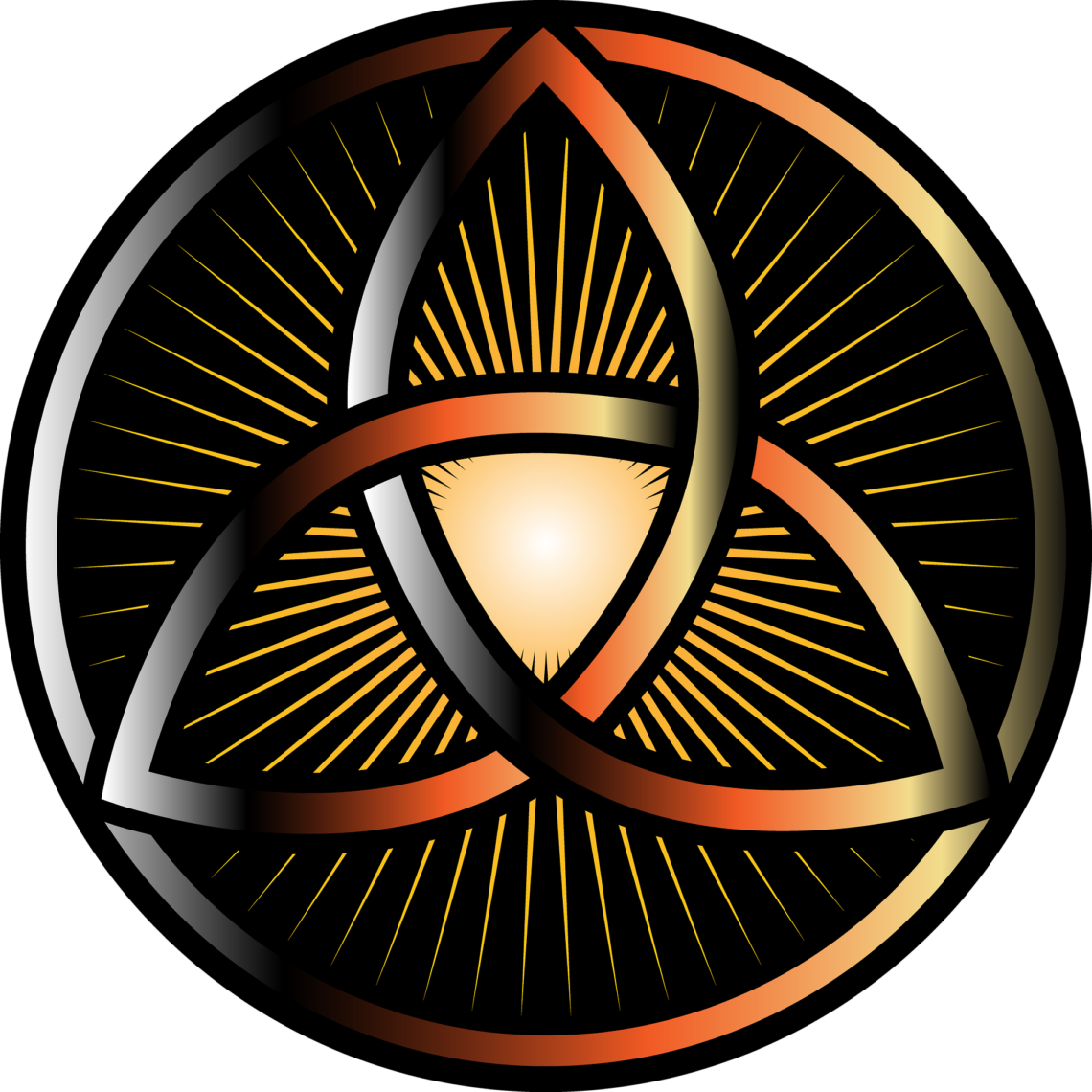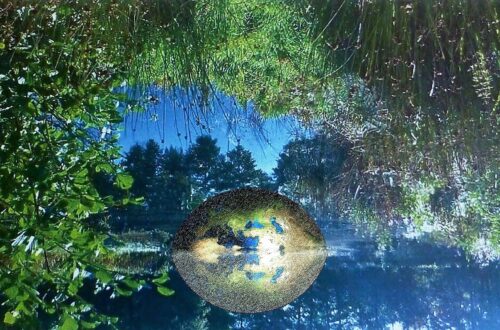
Natural Law and the Trinity
In my last article I showed the connection between Natural Law and the notion of an Intelligent Universe.
In this article I would like to show how Natural Law is also related to the Christian concept of the Trinity (The Father, Son, and the Holy Ghost).
In my last article I listed a hierarchy of four laws that comprised Natural Law theory with a short explanation of each from Ethicist Judith Boss’ book, Ethics For Life. I would like to list them again here for reference. For a more detailed explanation, please read my previous article.
Briefly, the four laws are:
-
“Eternal Law: is the uncreated reason of God [or the Natural Order if you don’t believe in God] that guides the universe as it moves toward a particular goal or end. “
-
“Divine Law directs humans and other creatures to their supernatural end, which consists of a vision of God [or the Ultimate/Ground of Being etc.] and eternal blessedness.
-
“Natural or Moral Law is the special way that rational creatures, such as humans, participate in eternal law and are thereby directed toward their earthly happiness.
-
“Human Law is at the bottom of the hierarchy of laws; it is law, such as legislation or cultural norms, that is derived by humans from natural law.”
The Relationship Between the Trinity and Natural Law
So, what is the relationship between the Trinity and these four laws?
First off, God the Father, is equivalent to Eternal Law. It represents the transcendent aspect of God and the trinity. It is the law that transcends all things, and to which all things must adhere. God, the Father and Eternal Law are equivalent
Second, the Holy Ghost is comparable to the Divine Law. It is the immanent aspect or spirit of God that inhabits all living beings urging them to fulfill their natures. Coupled with the transcendent aspect of God, this immanent aspect means that not only does God transcend everything, but is also in everything.
In the two Biblical creations stories we see both the transcendent aspect, in the Seven Days Creation Story, and the immanent aspect in the Adam and Eve story. So God is both more than everything and also in everything, urging each living entity toward its natural purpose.
Finally, the Son is comparable to Natural or Moral Law. In the Trinity, the Son is God made manifest. The Gospel of John opens with this verse, “In the beginning was the Word. . . Then 14 verses later, it says, “And the Word became flesh and lived among us. . . This refers to the incarnation of Jesus.
However, for our interpretation, since we are all sons and daughters of God, we are also the Word made flesh. In short, we all have access to eternal law.
Under Natural Law, humans are able to discern Eternal Law, in short, bring it out of the heavens and make it “flesh” down here on earth. Since the eternal law is beyond human understanding, the only way humans can attempt to decipher it is through their inner spirit (the Holy Ghost) and reason.
This is how we make eternal law comprehensible. Of course, we can’t know it in its entirety, but we can, through our good efforts and intentions, get better and better understandings of it.
An Example
Back when I was teaching philosophy at the College level, students, on finding out they weren’t going to be getting any final answers to their deep philosophical questions, would ask what then is the point of studying philosophy? If they couldn’t attain perfect understanding, why even try? What’s the point?
I would respond by asking them if they played a musical instrument or a sport, and if they did, could they ever achieve perfection in those pursuits? They would respond, no. Then I would ask, so why do it if they can’t reach perfection? What would be the point? They would reply because they enjoyed playing, and by practicing and studying they could get better and improve their skills.
I said, exactly. That is why you study philosophy. You won’t get final answers, but you will get deeper and deeper understandings. That is what using our reason and our inner spirit can give us as we attempt to work to improve our individual and collective lives.
Aristotle’s Eudaimonia
We know we are on in harmony with eternal law because we feel happier and more fulfilled in our lives. The Greek philosopher, Aristotle, used the term, Eudaimonia to describe the feeling one gets when they are fulfilling their inner potential. Eudaimonia is a deeper feeling than our modern day concept of happiness which is often viewed as shallow and temporary. Eudaimonia means a flourishing or fulfilled life. It is a life functioning on all cylinders, and is the result of a life well lived in harmony with eternal law.
So there we have it, a comparison between Natural Law and the Trinity. Some may ask where Human Law fits into this equation. It fits in with Natural Law. It is the incarnation of the eternal law in our everyday life. Natural law is our means of interpreting eternal law, and human law is the practical application of that understanding to our everyday life.
The clearer and deeper we go in our understanding of eternal law, the more profound our experience of Eudaimonia.
So, we can look at Natural Law and the Trinity as Transcendence, Immanence, and Incarnation.
To learn more about the Intelligence and Magic of the Universe: Click this link: The Magical Universe.




